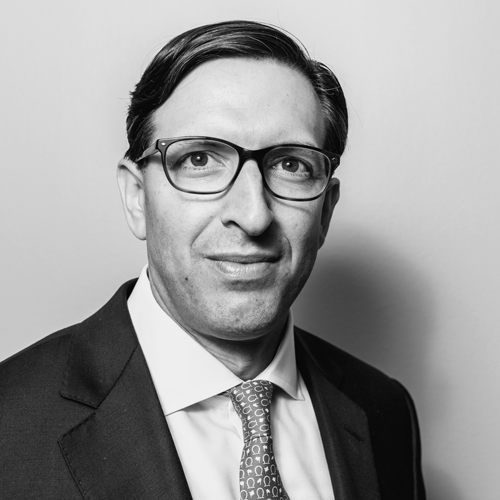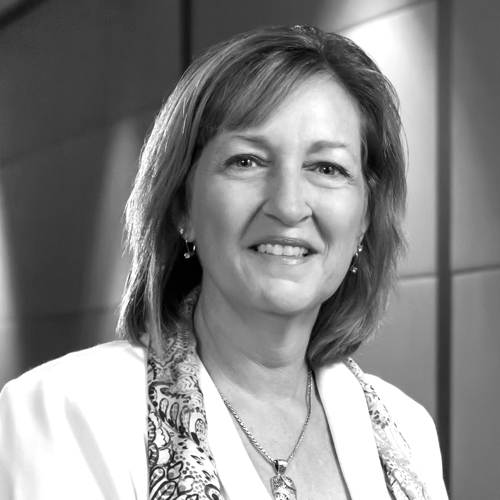This may be one of the most challenging times ever to work in the American healthcare system. Beyond the frenetic pace of changing technology and transformations mandated by the Affordable Care Act, independent businesses and economic drivers are also churning the waters.
In the midst of this turbulent environment, professionals like Jeannie Frey, chief legal officer and general counsel at Chicago-based Presence Health, are charged with the daunting task of helping transform their organizations’ business models while continuing to serve the healthcare needs of their communities.
Presence is the largest Catholic health system based in Illinois, with more than 150 facilities offering a comprehensive range of services and specialties. It was created in late 2011, through the merger of Provena Health and Resurrection Health Care, where Frey served as general counsel. The new company consolidated resources in order to develop a leaner, more accountable, and more responsive care model that would be better equipped to meet both the expectations of the Affordable Care Act and the changing reimbursement model.
“We realized it was imperative to offer our patients more seamless, convenient care options at all stages of their lives,” Frey says. “We have to be people-focused rather than facility-centric. Like smartphone technology, healthcare is extremely complex, but we have to make it more responsive to our customers and much more user-friendly.”
Frey believes the wave of current changes is moving the industry in the right direction. But with progress comes new challenges.
Presence’s creation doubled the size of the two original companies as well as Frey’s legal department. “That suddenly meant that half of our organization didn’t know the other half,” Frey says, “and in many cases, we had two sets of policies and procedures and two ways of doing the same thing.” In response, the newly merged organization launched a “Becoming One” initiative to develop a shared culture and operating model.
The merger also enabled substantial economies of scale, which contributed to cutting more than $90 million in expenses. This process was not always easy, since certain roles and staff positions were eliminated at the same time as new ones were created. Frey points out, however, that even in the midst of such change, there was a constant awareness that the company owes its existence to the legacy of women from several religious congregations who came to Chicago and other Illinois communities to care for the poor, the sick, and the vulnerable.
“Like smartphone technology, healthcare is extremely complex, but we have to make it more responsive to our customers and much more user-friendly.”
“Part of our responsibility is to continue the legacy, which, in the case of some of our hospitals, goes back more than a hundred years,” Frey says.
Being a nonprofit organization also presents its own unique hurdles. For instance, Presence cannot go to capital markets to raise funds. As a result, the company has to be more creative, agile, and flexible in meeting its financial goals. This includes partnering with governmental agencies and other organizations to create and implement community benefit programs, healthcare networks, and joint ventures.
“The interesting twist is that the new healthcare environment is even more consistent with our nonprofit mission than in the past,” Frey says. “One of the core tenets of Catholic healthcare is to treat the whole person, not just the disease, and that’s the model that modern healthcare is transitioning to as well.”
Part of Frey’s responsibilities as general counsel involves helping to reshape Presence Health’s infrastructure and operational processes. It is an ongoing development, with efforts focused on (1) increasing efficiency by creating templates and tool kits for common issues and transactions; (2) streamlining and simplifying corporate governance by implementing a model that focuses on new core functions mandated for healthcare systems, including new board roles that require a more diverse range of backgrounds, expertise, and experience; and (3) making sure Presence attorneys are positioned to add value to the many intradisciplinary task forces that are transforming Presence into an integrated-healthcare-services organization.
Ultimately, this third process will create services that help individuals achieve their best health potential, utilizing such offerings as telehealth navigator systems and patient-centered medical homes (PCMH), through which patients’ primary-care physicians coordinate a team of clinicians.
Historically, nonprofits have always had to be able to develop innovative solutions in order to make the best use of limited resources to reach their goals.
“Managing change is always a challenge,” Frey says. “But with so many different elements evolving simultaneously, there really aren’t a lot of models to help guide us. That means we have to assess the landscape and determine if different approaches are needed in the new reality to get us where we need to be. It’s a bit like trying to stay on a bucking bronco: you ride, fall off, get back up, and figure out better strategies. But you also need to have a clear vision of where you’re headed and belief in the ultimate goal.”


